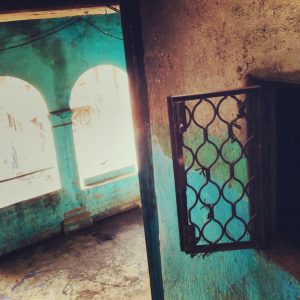Gender and Transitional Justice: How are gendered crimes and injustices dealt with in transitional justice processes?
Transitional justice mechanisms have become the norm rather than the exception in post-conflict or post-authoritarian settings. Whereas transitional justice processes were largely nationally driven in the 1980s and part of the 1990s, international involvement in finding solutions for how to address past gross and systematic human rights violations has become increasingly common and the processes have evolved in several respects: International law has gained importance for how transitional justice measures (such as criminal prosecution, truth commissions, reparations and amnesty laws) are established and implemented, and lines between transitional justice and general development goals – such as the right to health, access to justice and reduction of inequality – are becoming increasingly blurred. Yet, scholars have argued that the strong links between transitional justice and gender equality have been overlooked and underdeveloped in both theory and practice.
In this panel, we invite panelist to reflect on how and in which ways transitional justice processes can be used as a tool for advancing gender equality. Where and how have transitional justice measures been geared towards addressing violations against women committed during periods of authoritarianisms or internal armed conflict? Do truth commissions specifically address violence against women in their reports? Do truth commissions include a gender perspective in their recommendations? Are reparations formulated to address women’s issues in particular – sexualised violence, rape, health, landownership, to mention but some examples? We invite theoretical as well as empirical contributions and encourage young scholars who are working on these issues to apply.
Organizer: Elin Skaar (Senior Researcher, Chr. Michelsen Institute)
Centre on Law and Social Transformation
Procedure for submitting conference papers:
Researchers on development issues are invited to present papers for the EADI NORDIC Conference under the Working Group sessions or the Ad hoc Panels. Papers should be related to the topics of the working group sessions / Ad hoc panels of the conference – there is no facility for standalone papers at this conference. Please consult the session descriptions and use the online submission tool to submit your abstract by 31 January 2017. Authors will be informed by the organising team no later than 28 February 2017 whether their subject has been accepted. We welcome submissions in English and French (max. 500 words).
More about the EADI Conference 2017 in Bergen (21-23 Aug)
More about the Bergen Exchanges at the Centre on Law & Social Transformation

